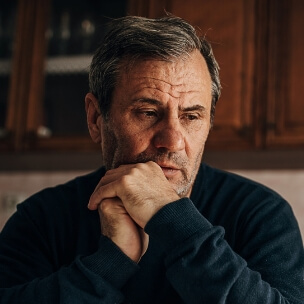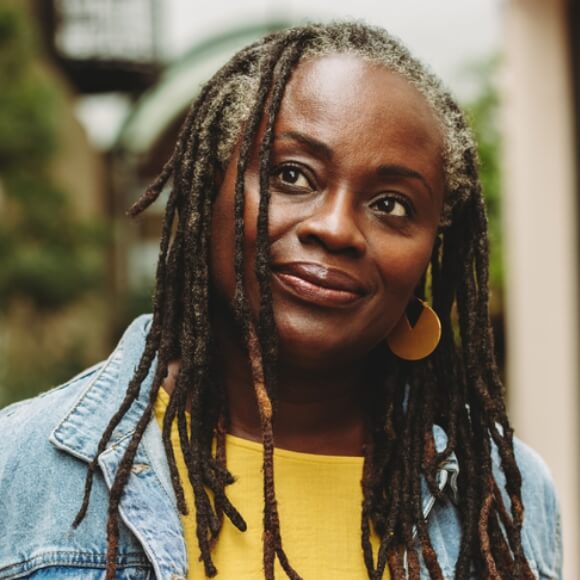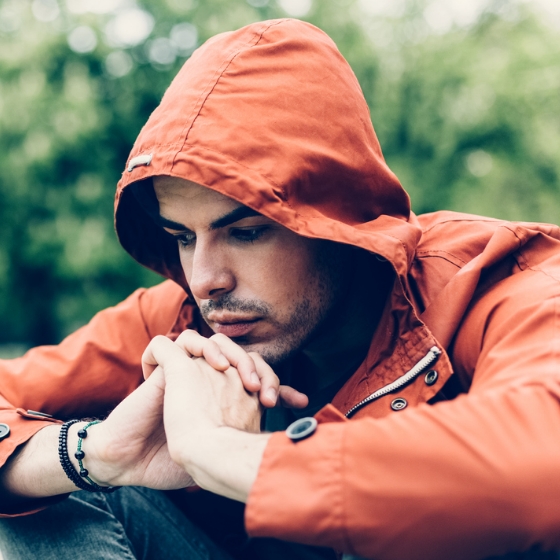Common mental health problems that we can help with

Depression
Depression is a common mental illness that affects many people at some point during the course of their lives. We are all likely to go through tough times, life is not always easy and sometimes things can go wrong for us. It is natural to feel low sometimes but you can do something to improve how you feel and to tackle the problems that may be causing you to feel low. There are many ways to get help if you suspect you may have depression. Here, we will discuss some of the symptoms and treatments for depression:
How We Provide Help
Depression is not the same as being unhappy or going through tough times; it is much more than that and may need professional attention when diagnosed. When we are thinking about the difference between depression and unhappiness, there are three things to consider;
- How severe is the low mood? Are you feeling very upset a lot of the time? Do you find yourself crying or thinking that life is not worth living? The worse you feel, the more it may be possible that you are experiencing depression rather than unhappiness.
- How persistent is the low mood? Is it there all the time or does it come and go? Are there times when you feel better or worse throughout the day or week?
- How much does the low mood affect you? The worse you feel, the more your body, brain and behavour may be affected and you may find it difficult to function in your daily life.
How to spot the Symptoms of depression
Here, we will discuss some of the symptoms and treatments for depression. When people become depressed there are several symptoms that usually accompany the low mood. It is helpful to think of these in four different groups:
Emotional symptoms:
People have different ways of describing their low mood but you may feel low, down, depressed or hopeless. You may just not feel good anymore, finding it difficult to enjoy things that you previously enjoyed. Some people find that they feel flat or grey, an absence of emotions.
Cognitive symptoms:
People who are depressed might have difficulty concentrating, remembering things or making decisions. People with depression may also have very negative thoughts about themselves (“Nothing I do is any good”) about the world (“nothing good ever happens”) and about the future (“it’s always going to be bad and will never get better).” Depression can make you see yourself and the world in a very negative light.
Physical symptoms:
There are a number of ways in which your body may be affected when you experience depression. One of the most common physical symptoms is tiredness, low energy or fatigue. You may experience changes to you sleep, maybe finding it difficult to get off to sleep, waking up during the night or early in the morning and not being able to get back to sleep. You may experience changes to your appetite, eating either too much or too little.
Behavioural symptoms:
This is about what we do when we get depressed. Often when people feel low they start to withdraw from the world and they stop doing activities they used to enjoy. They may also avoid doing things that need doing. When mood is really low it may even be difficult to take care of yourself physically. If you are feeling unmotivated to do things that you would normally enjoy then this might be a sign of depression.

Summary and conclusion
Depression is a common mental illness that affects many people at some point during the course of their lives. We are all likely to go through tough times, life is not always easy and sometimes things can go wrong for us. It is natural to feel low sometimes but you can do something to improve how you feel and to tackle the problems that may be causing you to feel low. There are many ways to get help if you suspect you may have depression. Here, we will discuss some of the symptoms and treatments for depression:

Type of Issues
We offer help to deal with a range of issues including:
Need Urgent Help?
If you need urgent help and are worried that you can’t keep yourself safe, City and Hackney has a 24-hour Crisis helpline on 0800 073 0006 or you can get help at your local Accident and Emergency department.